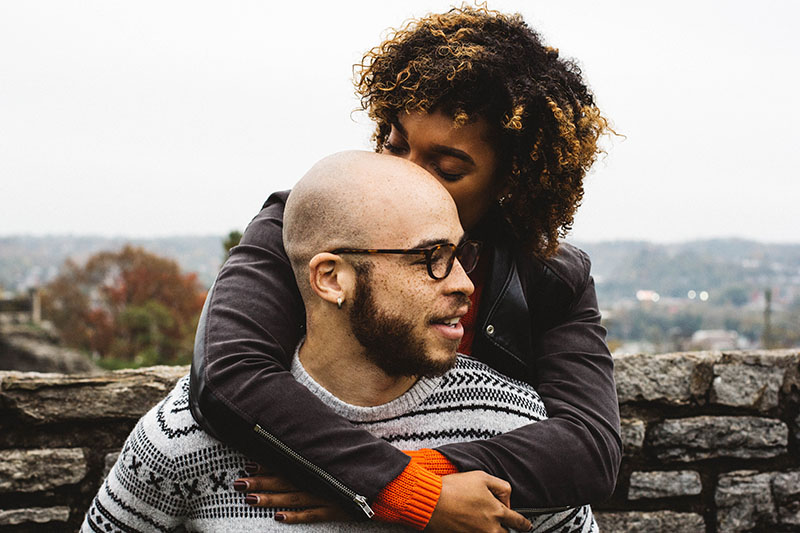Some of the cuts are so small they’re barely visible. Others are huge and gaping, leaving scars that never heal. Either way, they accumulate. We carry them everywhere, to and from school and work, at home while raising our children, at our places of worship, anytime we try to advance.
Michelle Obama
Emotional wellness myths.
It was the subject of our first blog post (nearly 3 years ago!), and we remain every bit as committed to tackling these harmful untruths today.
In honor of BIPOC Mental Health Month, we’re debunking 3 (more) emotional wellness myths:
1. We all have equal access to emotional wellness.
Unfortunately, this is far from the truth. From preventative education and early intervention to diagnosis, treatment, and quality of care, the lived experience of emotional wellness in our country varies dramatically. If that strikes you as unacceptable, you’re in good company: Many public and private entities are working hard to eliminate these disparities so that all individuals, families, and communities may enjoy the same access to emotional wellness. And they need your help!
ACTION STEP:
Take a spin through the resources curated by the National Network to Eliminate Disparities in Behavioral Health.
2. “Social issues” don’t have an impact on emotional wellness.
From the COVID-19 pandemic to the racism and other threats to safety and justice that pervade our society, social issues have a significant, often lasting impact on our individual and collective well-being. By viewing these issues through lenses of grief and self-compassion, we can begin to understand their full impact and take steps to navigate our way through.
ACTION STEP:
Check out the resources at Call to Mind, American Public Media’s initiative to foster new conversations about mental health.
3. BIPOC mental health only affects BIPOC.
One of the most harmful emotional wellness myths is the belief that only Black People, Indigenous People, and People of Color suffer when their well-being is threatened. In reality, health disparities (and the suffering that results) are harmful to us all. By protecting the most vulnerable members of our communities and promoting the rights of all people, we’re helping shape a healthier future for every one of us.
ACTION STEP:
Download Mental Health America’s 2020 BIPOC Mental Health Month Toolkit for ways to get involved today.
Enjoy this post? You might also like:
3 Myths About Emotional Wellness
Your Emotional Wellness: 50+ Ways to Support It
Need some help managing conflict?

